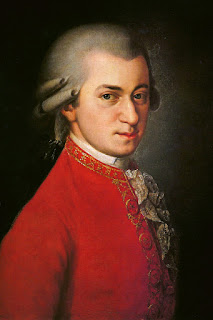Opera owes
her birth to a group of artists in Florence who aimed to revive the ancient
Greek tragedy. In just a few decades, opera spread and became very popular and
30 lyric theaters were built in Venice. The themes of an opera stem
mainly from the myths of different countries and from everyday life.
Initially,
opera was an entertainment genre only for small society part, but in the course
of time and with the contribution of Mozart (who in the 19th century simplified
the language and style to a more popular one) it became a more popular genre.
At that time, comedy opera began to develop and spread to many European
countries, with works being translated into many languages. Then the themes
begin to change and to be modernized, drawn through everyday issues.
The most
important composers, representatives of the genre, are the Italians Giuseppe
Verdi, Giacomo Puccini, Rossini, Bellini and Donizetti. Germany is represented
by the great Beethoven and Richard Wagner.
In the 20th
century the genre was hit by technological advances as television and radio
favored the development of other species. Many opera compositions are
considered a UNESCO World Heritage Site.
Image Source: https://www.flickr.com/photos/royaloperahouse/15594540278

Δεν υπάρχουν σχόλια:
Δημοσίευση σχολίου